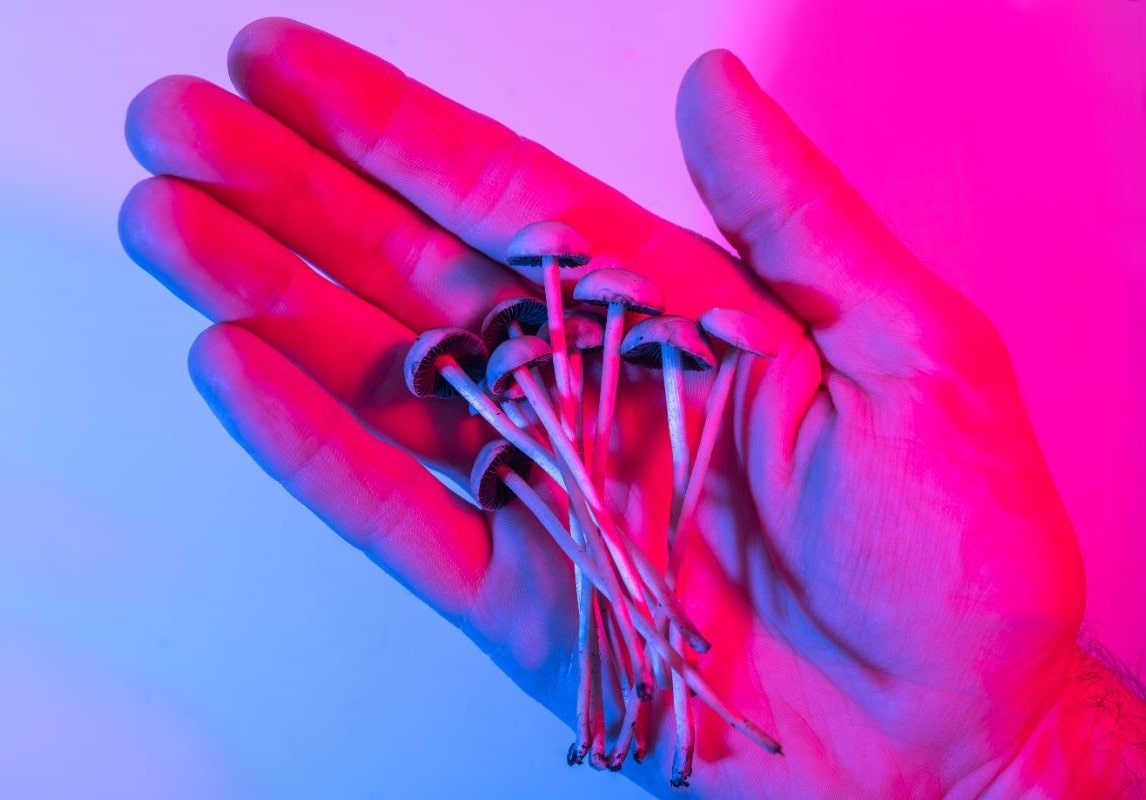
Do Mushrooms Show Up on A Drug Test?
Magic mushrooms, commonly known as shrooms, are a type of psychedelic drug that contains psilocybin, a naturally occurring hallucinogen. They’ve been used for centuries for spiritual and recreational purposes, but today, they’re also gaining attention for their potential in mental health treatment.
That said, one common concern remains: Do mushrooms show up on a drug test? If you’re facing drug screening for work, legal reasons, or treatment entry, it’s normal to wonder whether using mushrooms could raise a red flag.
If you or someone you know is struggling with substance use, Lake Avenue Recovery offers supportive, confidential help—reach out today at (508)794-4400.
Understanding Standard Drug Tests
Most routine drug tests—like those used by employers, schools, or probation officers—are designed to detect specific, commonly misused substances.
These usually include:
- THC (marijuana)
- Cocaine
- Opiates (like heroin and codeine)
- Methamphetamine
- PCP (Phencyclidine)
These are covered in what’s known as a 5-panel drug test, which is the most commonly used in workplace testing. The goal is to screen for substances that pose safety risks or are illegal to possess.
But here’s the thing—psilocybin, the compound found in magic mushrooms, is not part of standard drug panels. This means that, in most everyday scenarios, mushrooms will not show up on a typical drug test.
When Might Mushrooms Be Detected?
While psilocybin isn’t detected by standard tests, it can be identified through more specialized or expanded testing.
These are less common and are typically used in situations such as:
- Court-ordered drug screenings
- Rehabilitation program entries
- Military drug tests
- Forensic investigations
These tests can be designed to detect a broader range of substances, including hallucinogens like psilocybin and LSD. However, they are expensive and often require specific reasons to administer—most employers don’t request them unless there’s a suspicion of psychedelic use. So if you’re asking again, do mushrooms show up on a drug test?—the answer is mostly no for standard screenings, but yes, they can for targeted or expanded drug panels.
How Long Can Mushrooms Be Detected?
Like most substances, psilocybin doesn’t stay in the body forever. The detection window depends on the type of test being used and your individual metabolism.
Here’s a breakdown:
Urine Tests
Psilocybin and its metabolite, psilocin, are usually eliminated from the urine within 1 to 3 days after use. However, if you’ve taken a large amount or use mushrooms frequently, it might take a little longer.
Blood Tests
Blood tests can detect psilocybin for about 24 hours. Because the body processes the substance quickly, it doesn’t linger in the bloodstream very long.
Saliva Tests
Saliva testing for psilocybin is rare but technically possible. If used, the window of detection is also up to 24 hours.
Hair Follicle Tests
Hair testing is the most extended detection method. While uncommon for psilocybin, if used, it could show traces for up to 90 days. However, this method is typically reserved for high-level forensic testing.
Factors That Influence Detection
Several personal and external factors determine how long psilocybin stays in your system.
These include:
- Dosage: Higher doses take longer to eliminate.
- Frequency of use: Occasional users clear it faster than regular users.
- Metabolism: A fast metabolism clears substances more quickly.
- Body weight and hydration: These affect how efficiently your body processes drugs.
- Method of consumption: Consuming mushroom tea, capsules, or raw mushrooms may slightly affect how psilocybin is metabolized.
If you’re facing a drug test and have used mushrooms recently, it’s essential to know what kind of test you’ll be taking and who is requesting it. This can help determine whether there’s a real risk of detection.
Are Mushrooms Addictive?
Magic mushrooms are not physically addictive in the same way as drugs like opioids or alcohol. However, they can lead to psychological dependence, especially in people using them frequently to escape reality or manage mental health struggles. Users may chase after the hallucinogenic experience, developing a habit that’s hard to break.
Moreover, regular use can have long-term impacts on mental health, especially for people with underlying conditions such as anxiety, depression, or schizophrenia.
Why Honesty Matters in Recovery Settings
If you’re entering a drug treatment program or rehabilitation center like Lake Avenue Recovery, honesty is key. Tests may not always detect certain substances, but transparency about your usage helps your care team create the most effective treatment plan for you.
Even if mushrooms were used only once or on rare occasions, it’s worth discussing. At Lake Avenue Recovery, there’s no judgment—just support, compassion, and professional guidance to help you regain control.
Find Help for Addiction Today
Drug testing isn’t always straightforward. While the answer to do mushrooms show up on a drug test is generally no for standard screens, it’s not a guarantee. Specialized tests can detect psilocybin, and individual factors can influence how long it’s traceable in your body. If you’re worried about testing positive or are considering entering treatment, the best step you can take is to speak to professionals who understand substance use inside and out.
Lake Avenue Recovery is here to help you navigate your path to recovery with clarity, honesty, and expert care—reach out today to take the first step toward healing.
